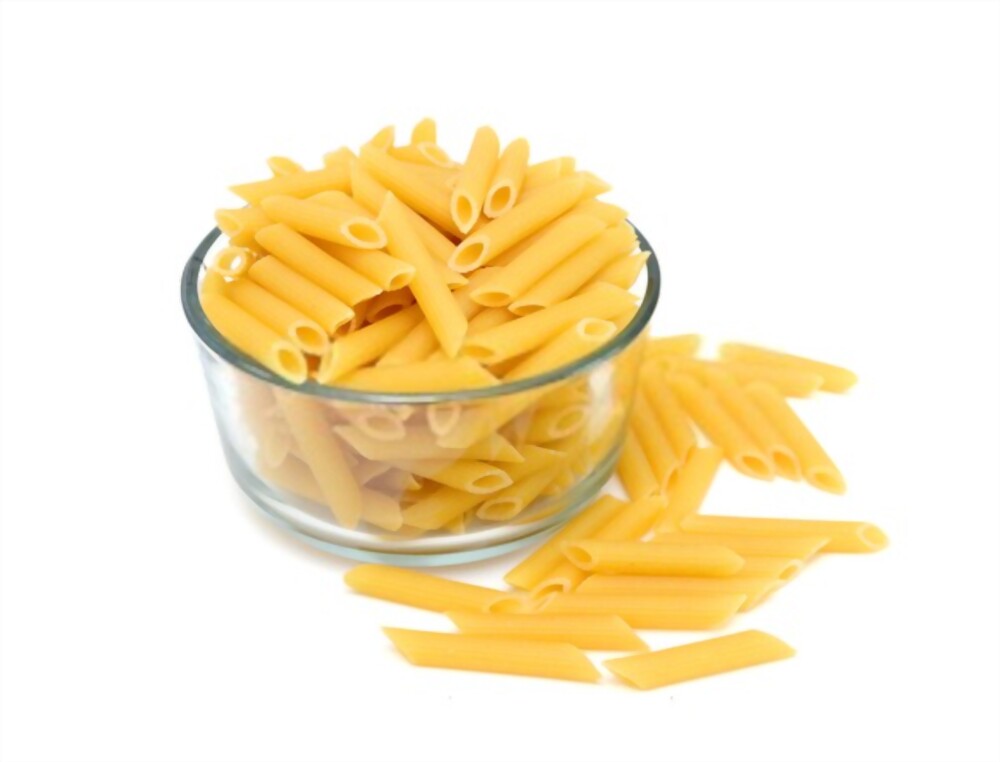In October, the National Advertising Review Board ruled against a pasta advertisement Goya Foods had been running in Puerto Rico. Goya had been selling its Excelsior brand pasta on the island with the tagline “La pasta favorita de Puerto Rico” (Puerto Rico’s favorite pasta). The claim appeared on packaging as well as in social media posts and television commercials.
Riviana Foods, the parent company of competitor pasta brand Ronzoni, had previously filed a complaint with the BBB National Programs, National Advertising Division, which mediates advertising disputes between competitors. According to the NAD, Goya argued that its claim to be Puerto Rico’s favorite pasta was “classic puffery,” which, as the ABA Antitrust Law Section observed in 2017, means the claim was so exaggerated that no reasonable consumer would rely on it. To bolster its argument, Goya pointed to “vague and fanciful language” that often surrounded the “favorite pasta” claim.
NAD ruled in April that Goya’s claim is not puffery, but rather conveys a message that can be objectively verified. That is, a market research firm can go out and test what pasta Puerto Ricans “prefer above all others.” As the next step, Goya could have stopped making the claim, or could have substantiated it with a well-designed survey. Such a survey would recruit people who have purchased pasta products in Puerto Rico and are otherwise in the target market, then investigate which brand they prefer. By contrast, if an advertising claim is puffery that “ordinary consumers do not take seriously,” the Federal Trade Commission’s 1983 Policy Statement on Deception says the agency will generally not pursue it.
Goya also had another option: Taking the case to the National Advertising Review Board (NARB), also part of the Better Business Bureau, which hears appeals from NAD decisions. In NAD’s press release on the matter, NAD noted that Goya said it would appeal because it believed that the NAD decision was “at odds with federal court precedent.”
But in late October, NARB agreed with NAD that the “favorite pasta” claim is not puffery, but objectively verifiable. NARB’s release on the matter says Goya argued that “favorite” is too ambiguous to be the subject of a survey, but NARB found that Puerto Ricans “can certainly understand” surveys on what pasta is their favorite. The release also suggests that NARB rejected an argument from Goya that relied on different definitions of the English “favorite” and the Spanish “favorita.” In the end, Goya agreed to stop using the “favorite pasta” slogan.
In general, a decision like this can be expensive for advertisers in some cases. Pulling packaging already in stores can be pricey, and it could also interfere with brand loyalty. One lesson to take away from this decision is that puffery has limits. If you know you have a measurable claim, go to the experts for a well-executed survey to substantiate it.
